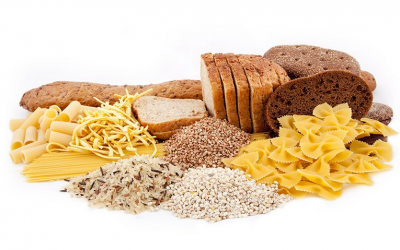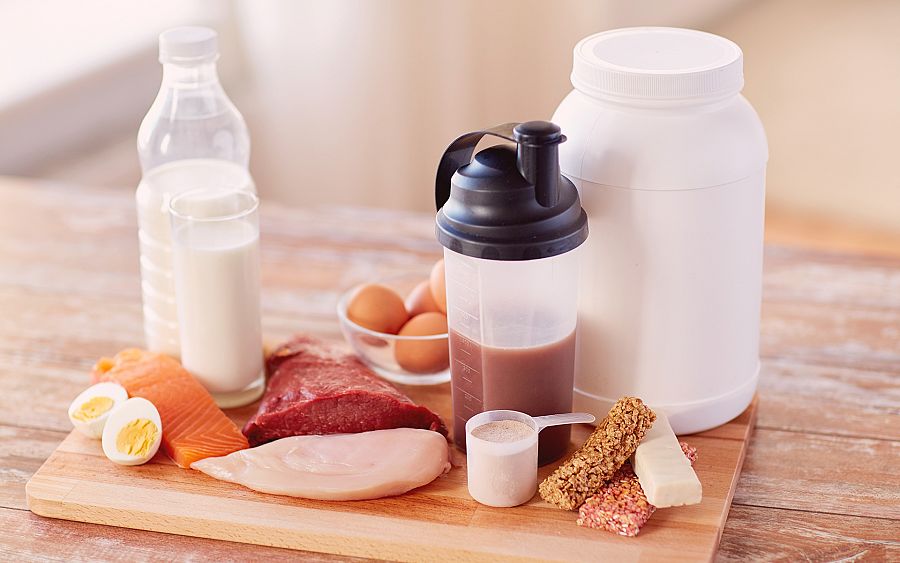Proteins
BLOG / NUTRITION
28-11-2015 - Proteins, everyone who does any kind of sport is talking about them. But what exactly are proteins and why does your body need them?
Proteins are your body's building blocks. All the cells in the body are made up of proteins, including your bones, organs and muscles. Your body needs proteins every day in order to repair damaged cells. A protein consists of amino acids. There are as many as 22 different types. Some your body can produce itself, others you can only get from food.
There is also a distinction to be drawn between vegetable proteins and animal proteins. Vegetable proteins are found in grains, legumes and nuts, for example. Animal proteins are found in meat, fish, eggs and dairy products. Animal proteins generally contain more amino acids than vegetable proteins and they are more easily absorbed by your body.
The minimum daily requirement is 0.8 grams per kilogram of body weight. Example: if you weigh 70 kilos, you need 56 grams of protein per day. If your body suffers stresses, such as from intensive physical activity, your need for protein may be higher. For vegetarians and vegans, the recommended daily quantity is also higher: at least 1 gram of protein per kilogram of body weight.
Excess protein cannot be used by the body as a building material and will be stored as fat.
How much protein do different foods contain?
· Chicken breast (100 g): 30.9 grams of protein
· Steak (100 g): 23 grams of protein
· 1 boiled egg: 6.2 grams of protein
· Milk (250 ml): 8.5 grams of protein
· Soya milk (250 ml): 7.5 grams of protein
· Yoghurt (half-fat, 150 ml): 6.8 grams of protein
· Quark (low-fat, 150 ml): 15.2 grams of protein
· Handful of mixed nuts: 5.7 grams of protein
As you can see, if you have a good and varied diet, you won't need any extra proteins and you will easily achieve your recommended daily intake. If you are vegetarian or vegan, you'll need to keep in mind that your protein requirement will be somewhat higher. Keen sportspeople who train more than 4 – 6 hours per week may have a protein requirement as high as 1.2 - 1.8 g per kg of body weight, depending on whether they are doing resistance training or endurance training.
A major advantage of a high-protein diet or high-protein snacks is that they keep you feeling full for longer. This can help you lose weight, because you are delaying those hunger pangs. Do keep in mind your daily requirement as stated above. If you eat more than that, it will be counterproductive.
Really it's quite simple: eat a varied diet and not too much.
And enjoy it.
Categorie: Nutrition
Tags: muscles, protein, eggs, meat, fish, dairy, weight lose, endurance training, resistance training, HIIT, workout
Deel dit artikel:









